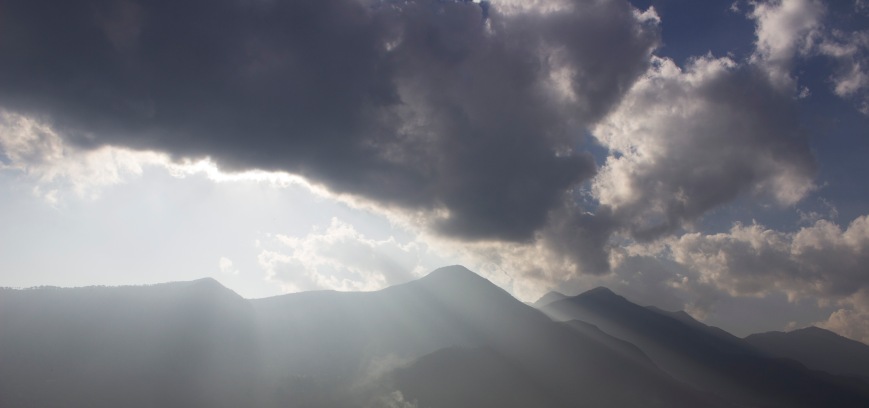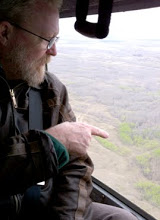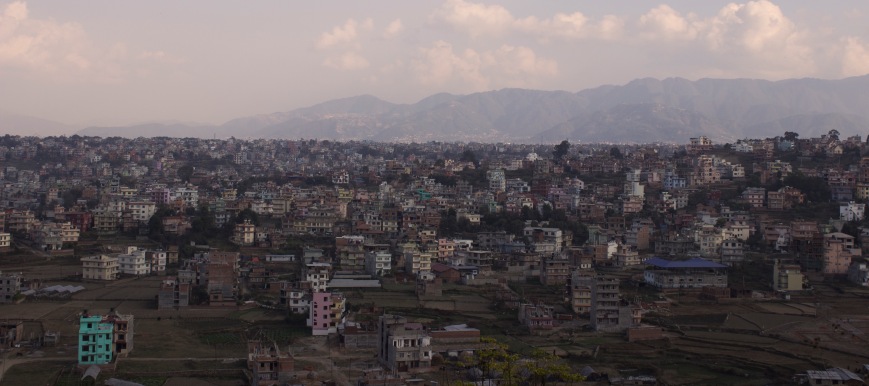I don’t know what I want to be when I grow up. In a few weeks I will be done school but that doesn’t mean I’ll be done learning. School taught me a ton. Life has taught me more.
- Always keep eyeliner and tinted lip balm in your purse. No matter what made you fall apart these two things will help you look put together.
- If you have an idea write it down or else it may float away. On that note, you should probably always have a notepad and a pen in your purse.
- Always remember your purse.
- Don’t take things too personally. If someone is rude or short with you it’s probably their problem and not yours.
- Remember that everyone has a story. This is both a journalism and a life lesson. In journalism don’t write someone off as boring, work harder for the story. In life remember that everyone has a past and that colours their present, so have compassion.
- Be honest with yourself. Not good at video? If you lie to yourself about it you look dumb to others pretending you rock and you never give yourself a chance to get better.
- Forgive yourself. Forgive yourself for not being great at everything, for eating the last five cookies in one sitting, for sleeping in. You’re a person, treat yourself like one.
- Turn off your phone. Too much technology can drive you crazy and it can take away from you enjoying the people you’re physically with.
This is just some of what I’ve picked up in the last couple years doing the whole school-life balance thing. I don’t have the life thing down perfectly yet, and I probably never will. But I have taken what lessons I could out of all the things that have happened to me. I’ve also learned that the only thing you can truly count on is that things will change. So be grateful for what you have now, be excited for what is yet to come.










